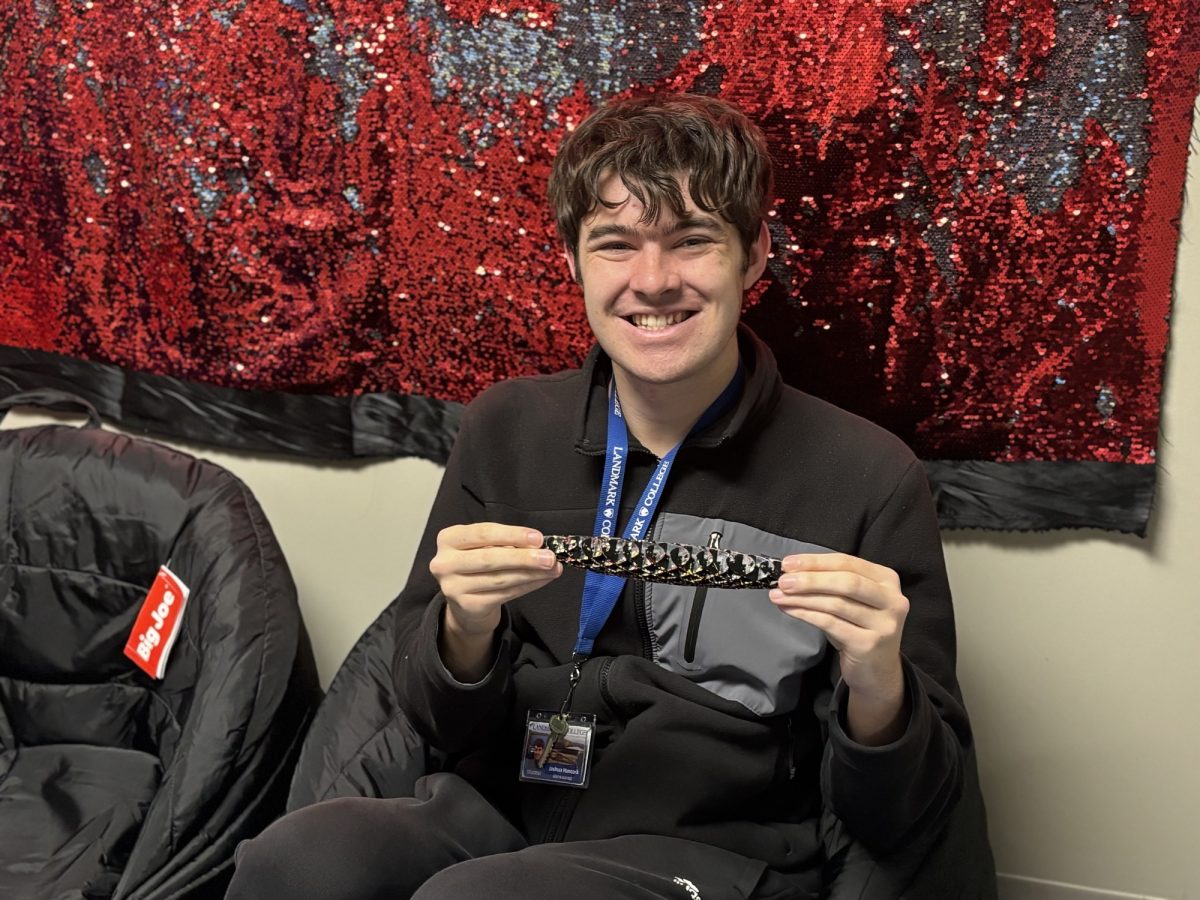Christie has a very strong opinion on what she does whenever she takes up leadership roles of her own. As a leader, Christie has always proven herself to be one through the influences that she has that have helped her become the leader that she is today, her vision as a leader, and her passion for being a feminist and how they are leaders as well. “I have always gravitated to leadership roles. A defining value for me is to be of use or to work to bring my specific skill set to bear in a way that will help move projects, ideas, or people forward. I have always had a strong ability to think in terms of the big picture and to be goal-oriented” said Christie in a recent interview.
As an effective leader, Christie Herbert has a very clear vision for what they are trying to do or where they are leading people. They express this vision in clear and direct ways as a daily part of their interactions with the people they are leading. At the same time, she knows that a good leader is constantly alert to getting feedback that would allow them to alter their course and refine their thinking. Good leaders are strategic, passionate, and humble. They are constantly expanding their understanding of anything and everything that they can that will make them a better leader and more informed about what they are doing. They bring a mindset of constant growth and the notion that using an inclusive or democratic process is hard, messy, and time-consuming work but the outcomes that happen when diverse viewpoints are respected and integrated are far stronger than anything that could be done via a top-down or more hierarchical approach. At the same time, good leaders know when they need to take a tough stance that may disappoint people. They are not concerned with what others think about them if they are clear that what they are doing is honestly inappropriate.
“I am influenced by the people all around me who are in leadership roles and are demonstrating some way of being a leader that appeals to me. This is often women who can get their voice heard in calm, comfortable, and competent ways and who embody a kind of integrity that allows them to not get snagged down in the inevitable interpersonal kinds of conflicts that arise whenever groups work together.” Finally, we touch up upon the main roots of what is important to be a great leader from what Christie believes in.
Good leaders also empower others. “I have always felt that the components of good leadership include maintaining this vision and recognizing and supporting any member of the team to be as autonomous as possible while providing the support that they need,” said Herbert in a recent interview. In other words, a good leader gives people room to grow and develop and take ownership of their own work. A good leader trusts their team and shows them that trust by letting them have real power in doing their work.
Christie’s leadership journey did not come without challenges. Sexism, despite advances made by the feminist movement, remain major obstacle for women in leadership positions. As Christie explains, “For instance, it is still a very common experience for my leadership work to be invisible or to remain invisible in the face of some very sexist practices. It still often happens that I experience that women are doing most of the work, and often most of the leadership work, but the recognition usually still goes to the males who are often not pulling their weight. I do not want this to be an oversimplified version of reality because there are obvious exceptions. But the forces of sexism, racism, homophobia, etc, and all the interconnected issues make it harder to be a leader. Another major challenge is maintaining my passion and energy for leading when what I really want is to just show up to a meeting and not have to be at the helm.”
According to Christie, she has a big charisma representing herself in a powerful, leadership movement known as a feminist.
“As a feminist, I have also always felt that it is very easy for women to stay in a more complacent or helping role and not take the risk of stepping into leadership roles where they will undoubtedly be criticized and perhaps more so than a male in the same position. I have two daughters and as women, we need to model the courage that it takes to be vulnerable in a public position in a very sexist culture. Our work is to bring our ideas and experiences honestly and intelligently to the table.”
As a leader, Christie has a lot of influences that helped her to become the great leader that she is today, including her mother. “My mother was a strong role model for me in viewing leadership roles as synonymous with engaging in one’s civic responsibility and working for social justice. Being a teacher is a leadership role, so 40-plus years of being a teacher and teacher trainer have helped me develop as a leader, as has serving on many boards and countless task forces, committees, departments et cetera,” shared Christie.
In conclusion, Christie has clearly demonstrated that she has the willpower and charisma to be an excellent leader. She is also a significant influence on future generations of leaders to come. For example, she has provided a clear picture of her inspirations from influential leaders and how they shaped her into the leader she is today. She feels more empowered as a leader by being a feminist. She wants her wisdom as a leader to spread through the next generation of leaders.






